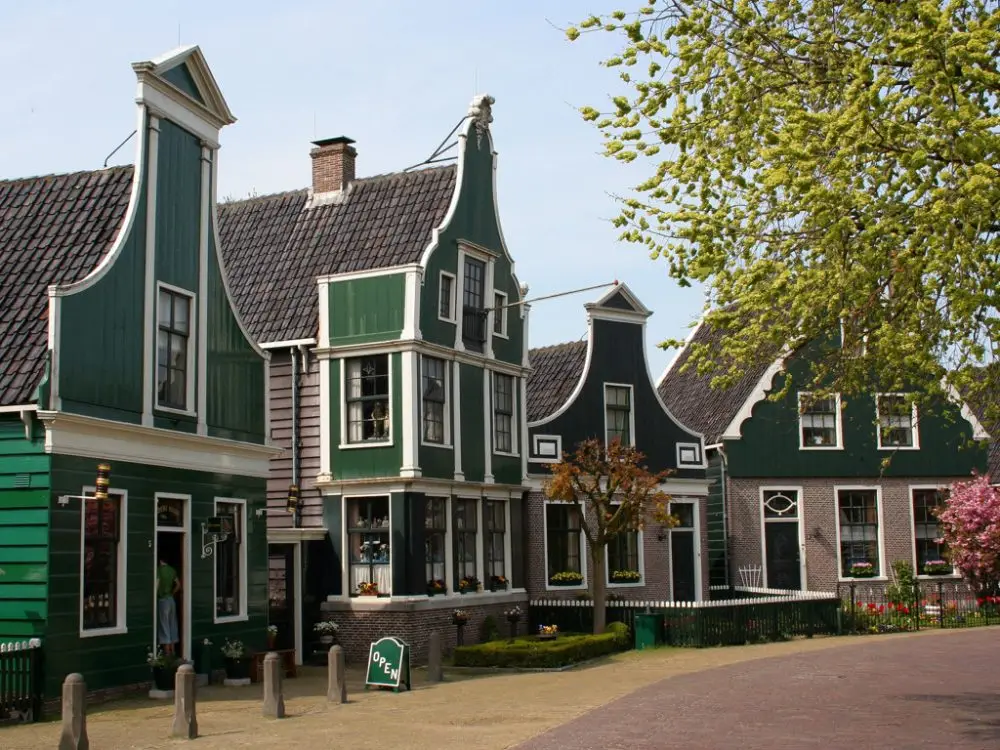Obtaining citizenship through naturalization in the Netherlands is considered one of the most stable and predictable paths for foreigners wishing to settle in the country. This requires long-term residency, full legal cleanliness, and successful social integration. Despite high standards, the system offers a legal and logical procedure for those willing to meet all the criteria.
What does naturalization citizenship mean?
The term denotes a legal mechanism through which a foreigner obtains full civil rights by meeting established conditions, including residency, level of integration, and impeccable reputation. In the Netherlands, a similar approach is applied to all those who have been residing based on a residence permit or permanent residence permit for a significant period.
Conditions for obtaining citizenship through naturalization in the Netherlands
To become a citizen of the country, several mandatory stages must be completed. The main conditions for naturalization in the Netherlands include long-term residency, language proficiency, absence of criminal records, and respect for societal traditions.
The procedure involves several key steps: submitting an application to the municipality, verification of compliance with requirements, passing the integration exam, and awaiting a decision. The entire process can take up to 12 months, with each stage strictly regulated.
The applicant must demonstrate proficiency in the Dutch language, knowledge of the basics of history and culture, as well as readiness to pledge allegiance to society. Such verification confirms real integration into society, which is considered a cornerstone of the path to citizenship.
List of mandatory conditions for candidates
Authorities impose a number of specific requirements on foreigners seeking citizenship through naturalization:
- continuous residence in the country for at least five years;
- possession of a permanent residence permit or long-term residence permit;
- absence of criminal convictions and administrative violations;
- confirmation of a source of income;
- successful completion of the integration exam;
- renunciation of the previous passport (in most cases).
Thus, it is necessary not only to be law-abiding but also to actively participate in the life of the state.
Challenges faced by foreigners
In practice, obtaining citizenship through naturalization can be accompanied by a number of difficulties. One of the most common obstacles is renouncing the previous passport, especially if the country of origin does not allow passport renunciation. Additionally, there may be issues with documents, especially if residency in the Netherlands has been intermittent.
Factors slowing down the path to citizenship
Even when all formal conditions are met, the procedure can be prolonged. Reasons for delays include:
- difficulties in confirming residency;
- insufficient language proficiency;
- lack of evidence of full integration;
- issues with document legalization;
- administrative errors on the part of immigration authorities.
Understanding these factors helps avoid unnecessary delays and prepare for possible difficulties.
List of documents required for application
The official application is accompanied by a set of documents necessary for consideration:
- valid passport;
- proof of residence registration;
- documents confirming income;
- language proficiency diploma or exam results;
- certificate of no criminal record;
- evidence of residing in the country for at least five years.
The list is completed by a statement of desire to become a citizen, written in the prescribed form. The accuracy of the documents determines the final verdict!
Specifics of naturalization citizenship in the Netherlands
The Netherlands impose not only formal but also value-based requirements. An applicant for naturalization citizenship must embrace the cultural peculiarities of the country, including tolerance, respect for privacy, and a commitment to equality.
Integration involves participation in public initiatives, knowledge of everyday realities, and interaction with governmental institutions. Even successful completion of the exam does not always guarantee approval—it is important for the applicant to appear as a full-fledged member of Dutch society.
Legal and bureaucratic barriers
Some difficulties arise during interactions with the immigration service. Despite the overall transparency of the procedure, there are cases where applications are rejected due to formal errors.
For example, incorrect submission of income information, insufficient indication of residency periods, or incomplete employment data. Such issues hinder the path to a passport and require the involvement of an immigration consultant.
Citizenship through real estate investment
While traditional naturalization requires time and effort, there are alternative mechanisms that expedite the process. One of them is citizenship through real estate investment, applied in some countries.
In the Netherlands, the scheme does not directly guarantee passport acquisition, but significant investments in the economy and the purchase of residential or commercial real estate increase the chances of obtaining long-term residency. And after a few years—provided all accompanying factors are in place—one can apply for naturalization citizenship, bypassing the complex evidentiary stages.
Conclusion
Thus, citizenship through naturalization in the Netherlands remains a sought-after but demanding process, achievable only by those willing to undergo lengthy adaptation, comply with legislation, and respect local norms.
Despite possible obstacles, following all stages and paying attention to requirements allow for transitioning from temporary residency to full-fledged citizenship with minimal time and effort losses!
 en
en  ru
ru  de
de  ar
ar  es
es  nl
nl  hi
hi  fr
fr  it
it  pt
pt  el
el 









